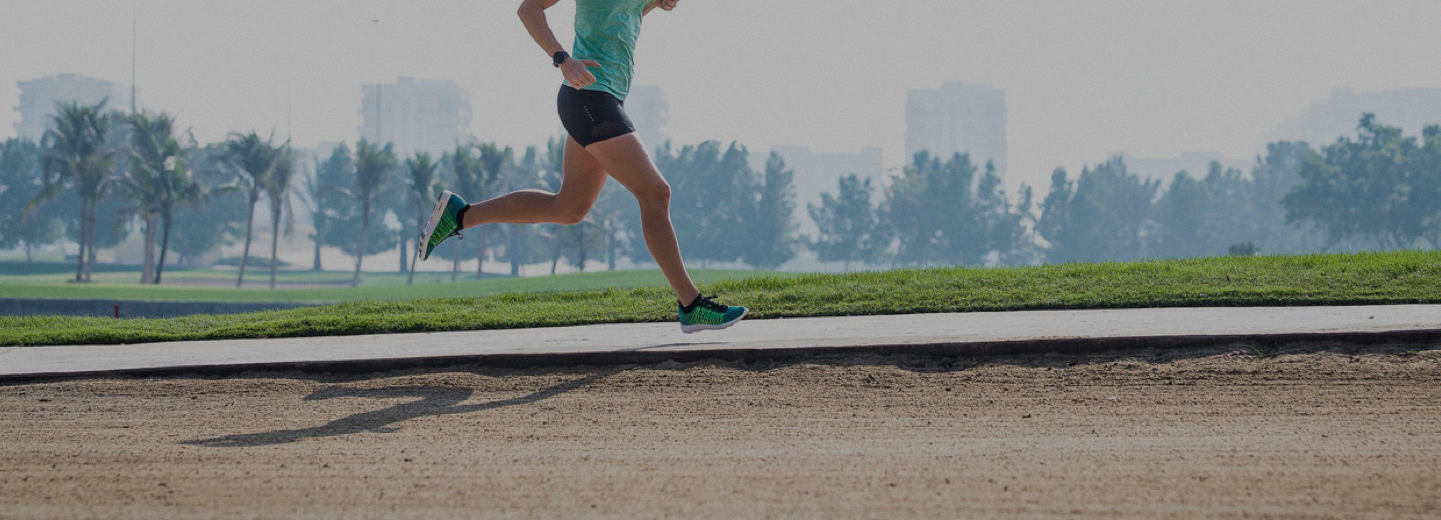Technology is developing at a mind-blowing pace, but we always have a choice on how we wish to engage with it. We can always “unplug” when we need to re-generate and get back in touch with our natural selves, or we can use technology to streamline our lives and focus on the important things in life like family and health. We can also engage technology to enhance our health and well-being. This pertains to such age-old “natural” technologies of meditation, yoga and mindfulness for example, as well as to emerging frequency-based technologies like neurofeedback. We are lucky to live in an age where we can choose how to target specific aspects of our physical and emotional health. Unplugging when we need to, and engaging in both time-honored and cutting-edge technology, can do wonders for our physical, mental, and spiritual health and happiness.
Dr. Chris Hammer, PhD.
www.valentusclinics.com


